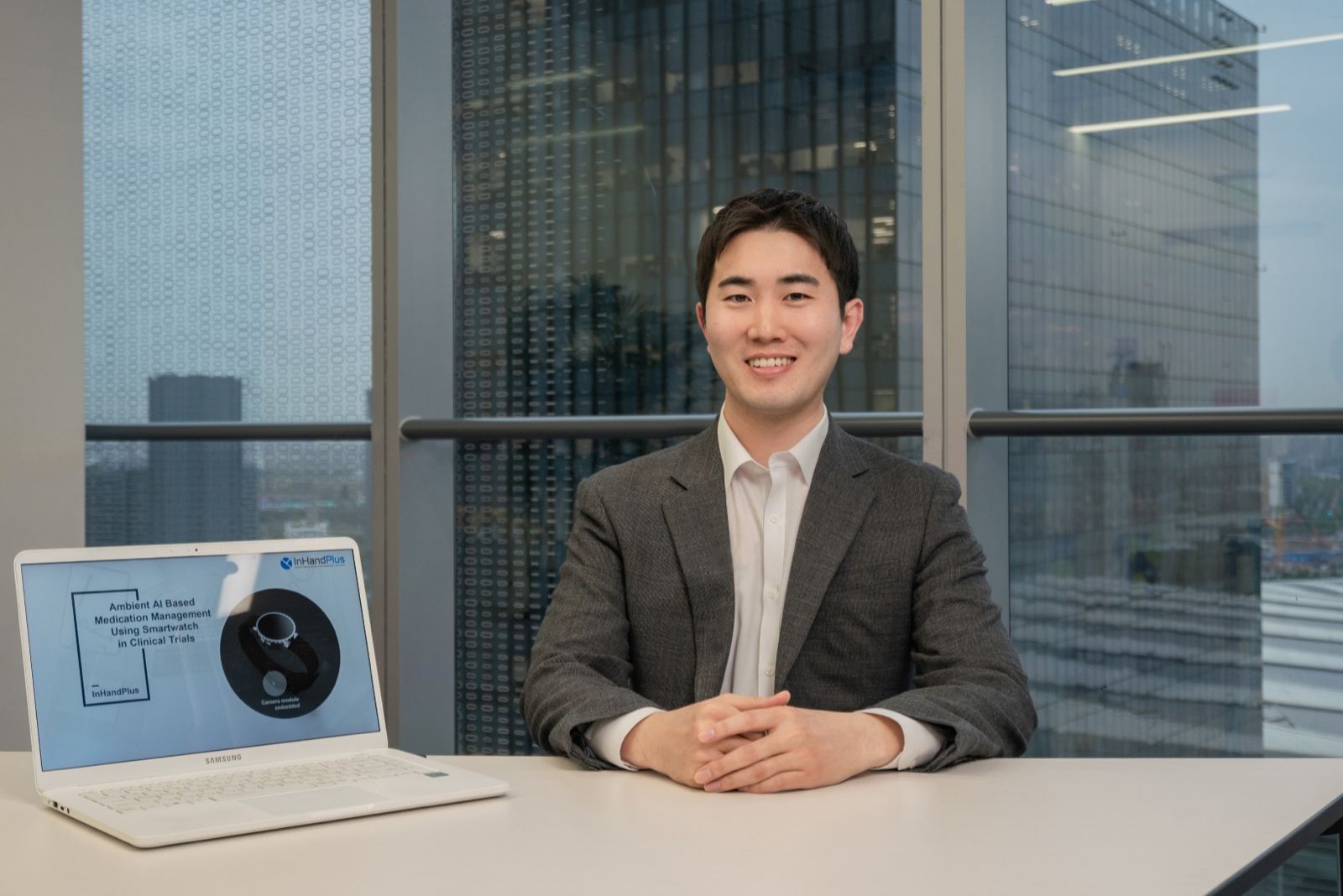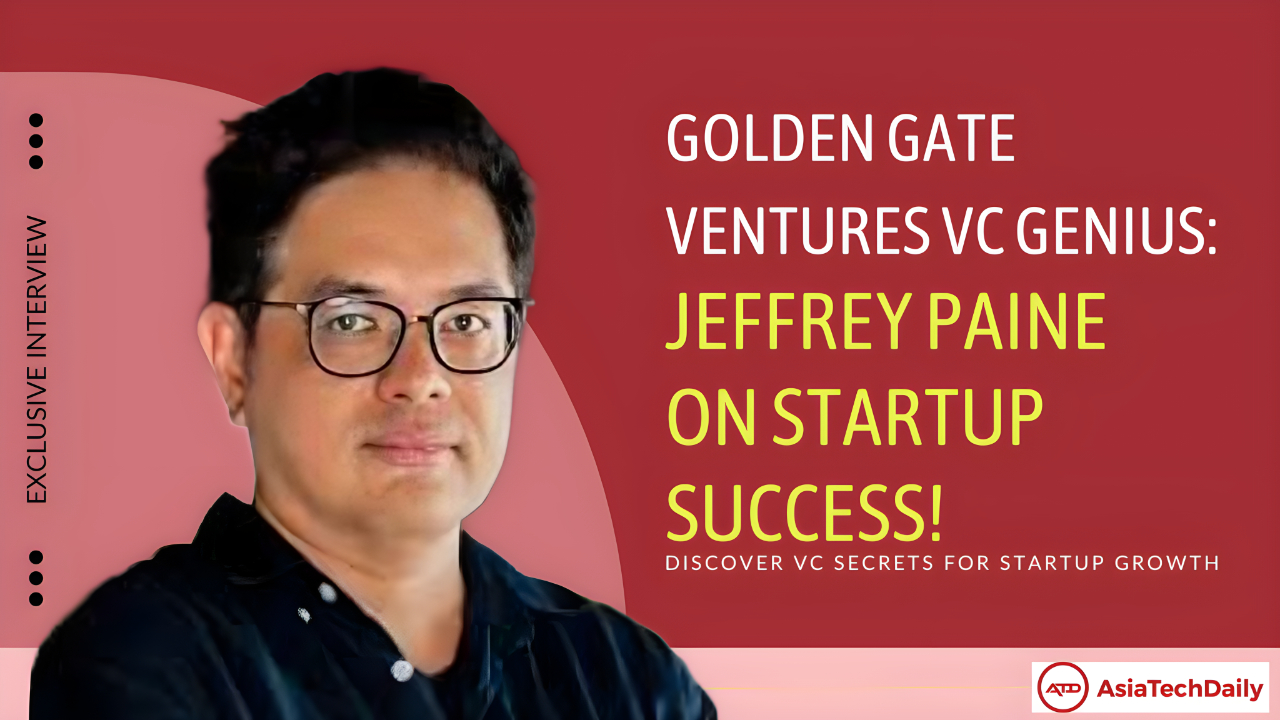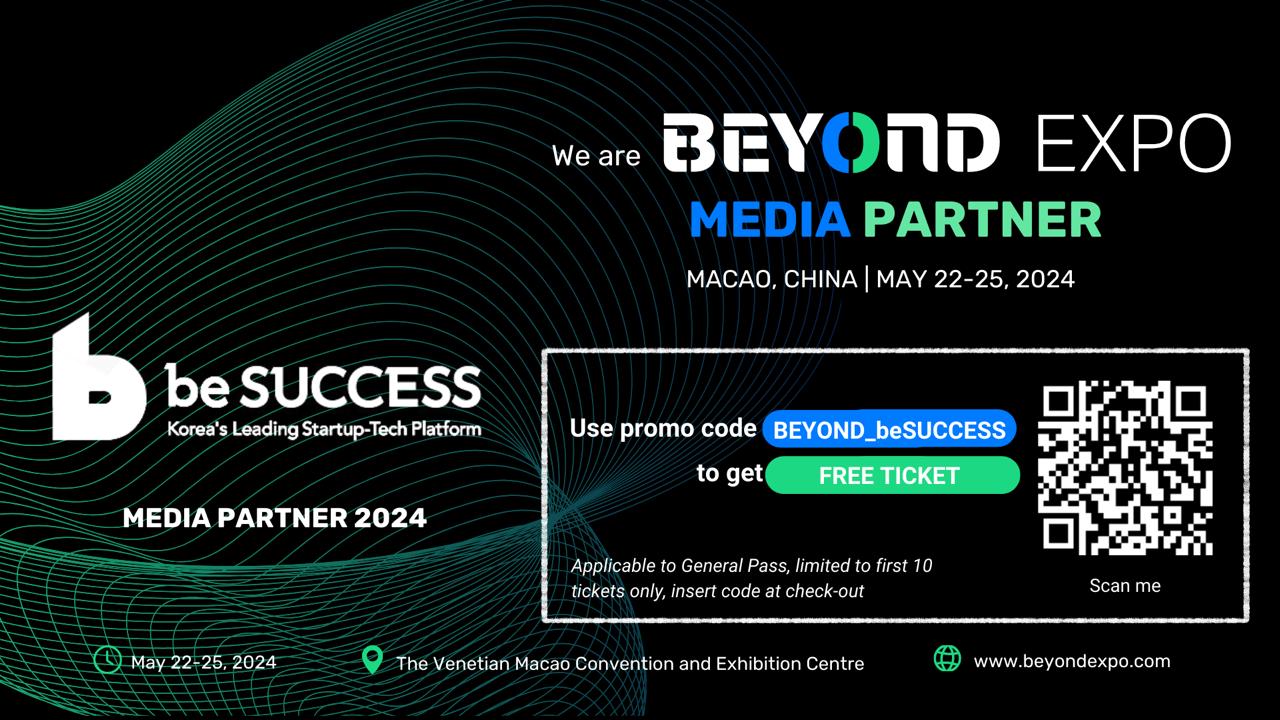AsiaTechDaily – Asia's Leading Tech and Startup Media Platform
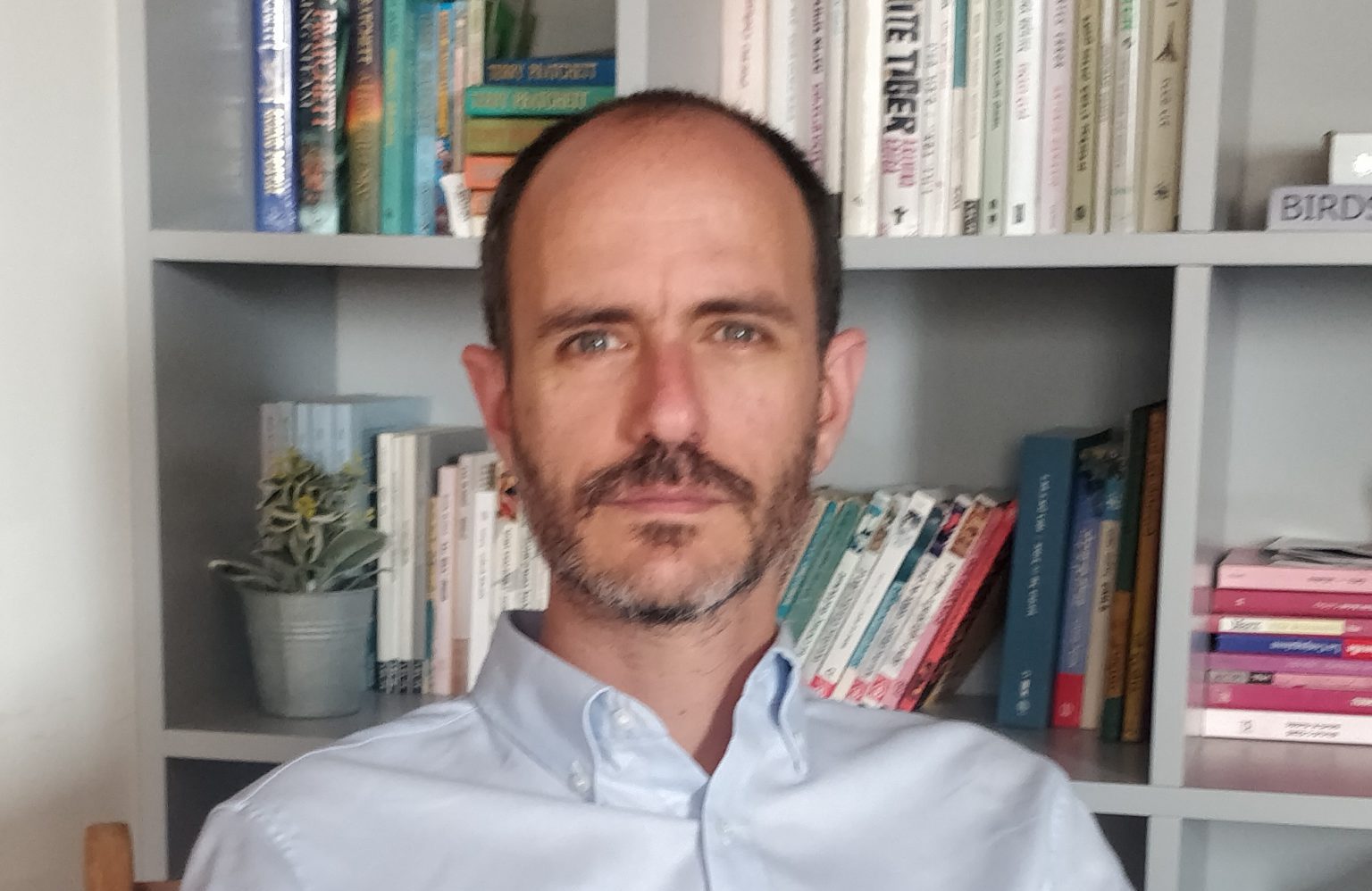
Koby Ofek- Founder of HUMANS- It’s About design, But More About People!
Koby Ofek is a 39 Years old entrepreneur living in Tel Aviv, Israel, with his partner and daughter. Ofek is currently managing HUMANS, the biggest internet platform for showcasing personal websites and portfolios.
Ofek has been working as a technology journalist before joining Google to take part in the founding team of the company’s operations in Israel. After leading the technology vertical in Google Israel for a few years, Ofek co-founded a media company helping software companies effectively distribute their software.
Ofek reads two books a week, is fascinated by technology and philosophy, published a best selling travel guide, and is a proud coffee geek.
In an exclusive interview with AsiaTechDaily, Koby says:
I don’t think your product needs to be perfect from the get-go. However, it needs to be fun and show promise. Get your users excited, engaged, and give them a reason to return to check it out later when you are better. Try to bake-in your retention drivers early on so you can count on your users to repay once your product is better.
You are tapping your fingers on the table, waiting for real users’ feedback.
Seriously, you want to hear from users really fast about your product, to fix it and iterate. However, you don’t want to go to the market too soon when your product isn’t mature. Finding the right balance of knowing when to launch, and waiting for feedback when your product is still in the works is very challenging.
Read on to know more about Koby Ofek and his journey.
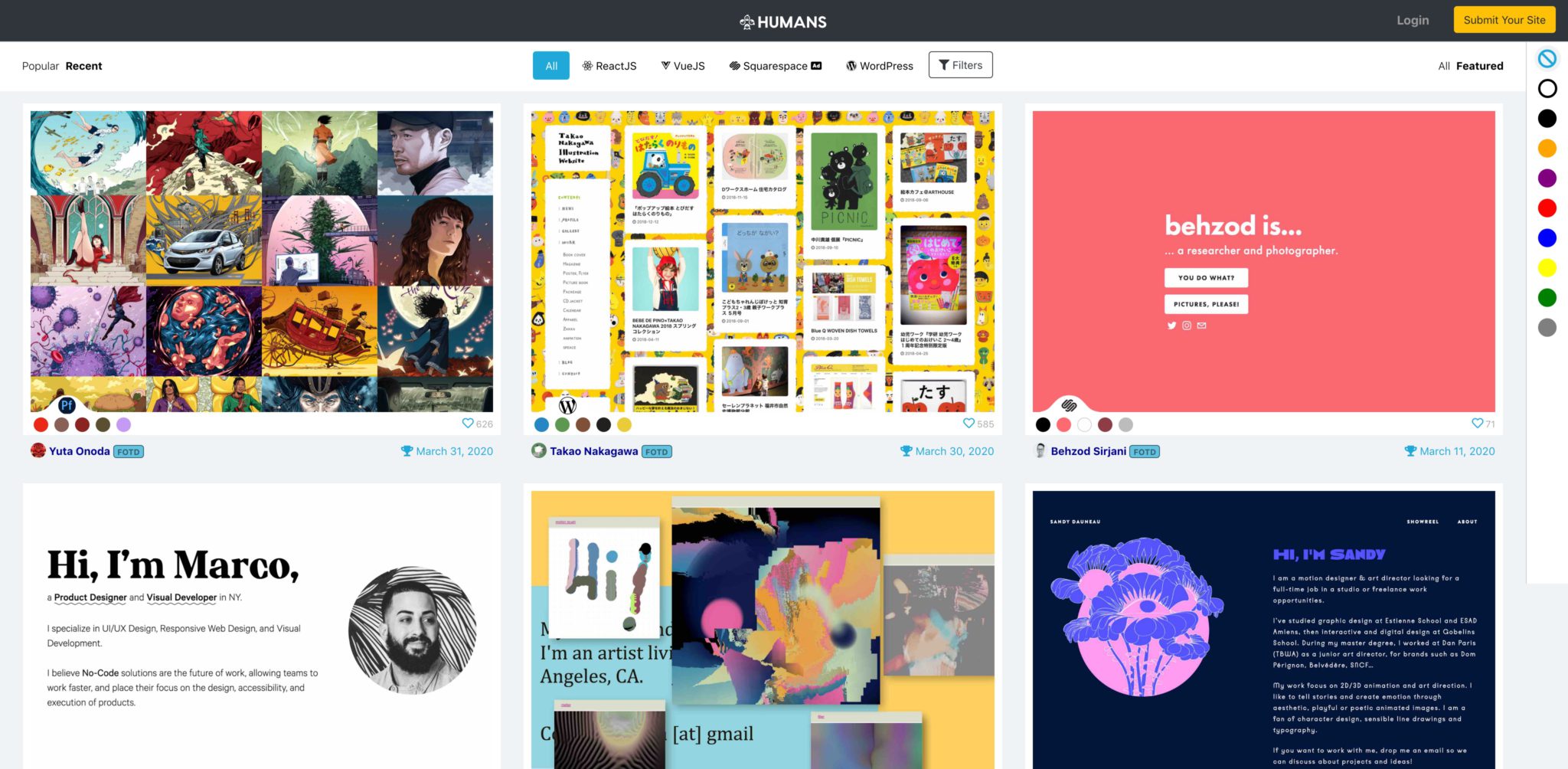 Please tell me about your personal background, and what are you working on currently?
Please tell me about your personal background, and what are you working on currently?
Koby Ofek: I’m a serial entrepreneur with a background of many years in the industry, building web products, marketing, and creating engaging experiences.
I used to be a technology journalist before becoming one of the first people on the ground to launch Google’s operations in Israel. 7 years after joining Google, I quit co-founding my own company. We built a business around software marketing, and at the peak, we reached more than 50 million consumers.
Today I’m running a business called HUMANS, which is the biggest collection of personal websites on the internet. Think of it as the Pinterest of portfolios. With HUMANS, you can browse some of the most amazing personal websites in the world, categorized by geography, profession, colors, technology, platform and more. It’s the first tool I’d use before starting to think about launching my next personal site.
What motivated you to get started with your company?
Koby Ofek: Good businesses start by identifying a market opportunity in a field that you have proven capabilities in. This one started when I wanted to build a new personal site for myself and discovered that there are too many options, platforms, technologies, designs, structures, and ways to make a website today.
I needed some inspiration and focus, so I started looking at several of the best personal websites around. I examined web-design award sites, profiles of people like me on Product Hunt and Angelist, Pinterest, Google, you name it. I ended up with a massive list of websites and thought that it could be useful for other people too.
My research discovered that there are more than 50 million personal websites in the world (self-hosted only), and millions are added annually. What keeps me up at night is trying to think of solutions for all these people who want to create their space on the internet for themselves.
The ultimate goal is to be the best place on the internet to showcase a personal site. People put so much work on their personal websites. I want it to generate value for them rather than be a white elephant that one just pays hosting for.
How have you attracted users and grown your company from the start?
Koby Ofek: My best strategy in the first weeks was to involve my users with the marketing of the website. I leveraged some of my top users’ social media profiles to attract more attention to the platform and help me with raising awareness.
The main idea was that if people feel good about their personal profiles on HUMANS, they would spread the news further, show off their HUMANS pages, and bring more traffic to the site. This worked brilliantly and continues to work.
Another thing that works well is to create a fun product. While this may sound obvious, your product shouldn’t only be useful but also likable. When we just launched, for example, we had a prominent option on the site to filter personal websites of bearded people. Some users hated it, some loved it, many responded and wrote about it. It was distinct, and it made us unique. We later removed the option, but it’s worthwhile to create these things as they pay off.
What’s your business model, and how have you grown your revenue? What strategy worked best?
Koby Ofek: We are a media company, which means that website building businesses can advertise in various ways to raise their visibility on the platform. Many users come to HUMANS to look for inspiration and are researching what should be their platform of choice to build a website, so it makes sense to be visible on the platform.
Other options we are considering are to have a paid section for website owners who want to highlight their websites and a job board.
How much money (funding) have you raised in total so far? When was the recent funding round? (Additionally, any plan for the future?)
Koby Ofek: We do not disclose this information.
What are some marketing tips to help maximize the success of a product launch?
Koby Ofek: I’m a huge believer in doing things that don’t scale. For a while, that is. Until you understand what works for you, it’s not worthwhile to automate procedures, and adding a personal touch can yield outstanding results.
For example, when I started with HUMANS, I manually approached a few hundreds of people with impressive personal websites. I asked them about their website building process, the technology or platform they selected for their projects, and so on. This not only gave me information and data but actually intrigued some of them to become ambassadors and help with initial marketing for the platform.
The same logic applies to the initial data collection for the website. Whenever you are building a marketplace or any website where you need both supply and demand (and in my case, examples of beautiful personal websites and an audience of people curious about personal website discovery), it’s challenging to hold both sides of the stick. So we manually got the supply, meticulously collected websites, documented them, and reviewed. Only after we had enough amount, we started to actively market the website, got demand, and built the technology to add more sites automatically, self-service solutions for website owners, statistics, and value-added services for the supply side.
What is a good product launch checklist?
Koby Ofek: I don’t think your product needs to be perfect from the get-go. However, it needs to be fun and show promise. Get your users excited, engaged, and give them a reason to return to check it out later when you are better. Try to bake-in your retention drivers early on so you can count on your users to repay once your product is better.
I also believe in phased launches. You will make mistakes, and you need time to learn from them and amend what’s wrong. Here’s one major oops that we had to tackle – The first batch of visitors that came to the website after launch really enjoyed it. Some of them wanted to submit their website to be included too. Their websites registered well, but each new item deleted the previous one from the database. It took about 10 submissions to figure this out, but that’s 10 more ambassadors that could help you with your business that we missed.
What’s the hardest thing about product launches?
Koby Ofek: You are tapping your fingers on the table, waiting for real users’ feedback.
Seriously, you want to hear from users really fast about your product, to fix it and iterate. However, you don’t want to go to the market too soon when your product isn’t mature. Finding the right balance of knowing when to launch, and waiting for feedback when your product is still in the works is very challenging.
What are the most common mistakes founders make when they start a company? (or What should all first-time startup founders know before they start their business?)
Koby Ofek: I have been doing this for a while so I can report on my first experiences as a founder a few years ago. It’s scary. I left a good job in a big corporation (Google) to do my own thing, and the first month or so is shocking. There is no paycheck at the end of the month. Nobody is telling you what to do, and there is no guidebook or manual. You set your own course, and you are accountable for your success or failure. You need resilience for this, and you need to know in advance that there is a good chance for failure.
For me, choosing the right partner to go with on my first entrepreneurial attempt was vital. My co-founder was a friend but also a person I knew I could trust blindly with any part of the business. Working with someone you can trust can give you more confidence than a regular paycheck. It translates to actual money.
What do most startups get wrong about marketing?
Koby Ofek: Too many founders dismiss paid marketing too quickly. True, there’s a lot of value in word of mouth, cool growth hacking strategies that bring you users and fame (and good PR stories), but alongside them, paid marketing is an effective method to fast track your marketing efforts and, once you establish your business model, generate profit.
I learned this firsthand when I worked for Google, helping startups grow exponentially by using paid advertising, and it paid off when I launched my first initiatives, which relied mainly on paid marketing.
What’s the best advice you’ve ever received? And What advice do you have for someone who is interested in doing similar things like yours or in a similar direction?
My first boss at Google, Meir Brand (currently Google’s VP overlooking emerging markets in EMEA) insisted that we provide as much value as we can for our clients, even if they are not (yet) big spenders. Those were the early days of Google in Israel, and Google’s cut was somewhat insignificant in the media mix of our clients. However, we gave everybody cutting edge advice about technology and marketing, showcased best practices from around the world, and became trusted advisors to company CEOs throughout the market. This was crucial for me in relationship building since the early days, but even more so as an entrepreneur.
These days, when people are a bit more stressed about money, and the future seems uncertain for many, I try to give value not just by selling my product, but also by sharing information and data with my partners, even if it’s free. When you apply the ‘Cast thy bread upon the waters,’ I do believe that you will ‘find it after many days.’
What are the one or two things that you would do differently if you could go back to 10 years ago?
Koby Ofek: Almost everything good that happened to me was a result of good relationship building. That applies to get jobs, promotions, and business deals. Young me should definitely network more, mingle more, and lecture more.
Oh, and I shouldn’t have sold that 4 letter domain in 2005, but that’s water under the bridge now.
You can follow Koby Ofek here.
Are you looking to secure investment for your startup or a keen startup enthusiast, keep an eye on our interview section.
Follow Asia Tech Daily to know about the innovative startups and how they are revolutionizing the ecosystem.


